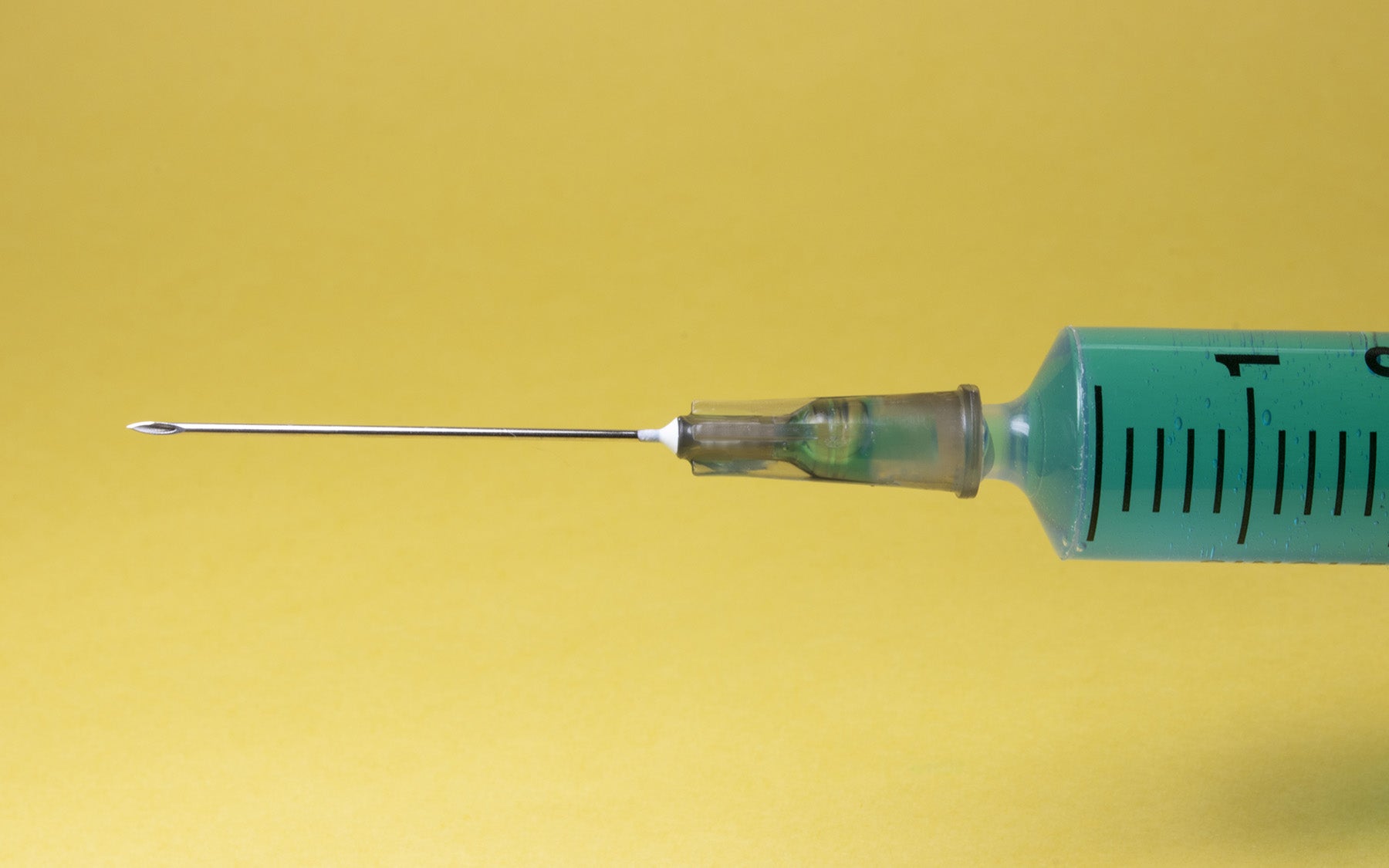Bruce Stillman, Ph.D., President and CEO of Cold Spring Harbor Laboratory, and David Tuveson, M.D., Ph.D., Director of CSHL’s NCI-designated Cancer Center, today joined with the leaders of other institutions nationwide in endorsing the following statement regarding revised recommendations concerning the HPV (human papillomavirus) vaccine:
Recognizing low rates of human papillomavirus (HPV) vaccinations as a serious public health threat, we, the National Cancer Institute (NCI)-designated cancer centers fully endorse the revised vaccination recommendations from the Centers for Disease Control and Prevention (CDC). We feel HPV vaccination represents a rare opportunity to prevent the nearly 40,000 cases of HPV-associated cancers diagnosed annually in the United States.
 The CDC now recommends that 11- to 12-year-old boys and girls receive two doses of the 9-valent HPV vaccine at least six months apart. This vaccine schedule is equally effective in preventing HPV infection and makes it easier for both parents and providers. As the vaccine is more effective the earlier it is given, the CDC recommends that young men and women aged 15 to 26 still receive three doses.
The CDC now recommends that 11- to 12-year-old boys and girls receive two doses of the 9-valent HPV vaccine at least six months apart. This vaccine schedule is equally effective in preventing HPV infection and makes it easier for both parents and providers. As the vaccine is more effective the earlier it is given, the CDC recommends that young men and women aged 15 to 26 still receive three doses.
Approximately 79 million people in the United States are infected with HPV according to the CDC, and 14 million new infections occur each year. Several types of high-risk HPV are responsible for many of the cervical, anal, oropharyngeal (middle throat) and other genital cancers affecting men and women.
Although many of these HPV-associated cancers are preventable with the safe and effective vaccine, HPV vaccination rates across the U.S. remain low. According to a 2016 CDC report, only 41.9 percent of girls and 28.1 percent of boys in the U.S. had completed the recommended vaccine series. While vaccination rates have improved, they remain far short of the goal of 80 percent by the end of this decade, set forth by the U.S. Department of Health and Human Service’s Healthy People 2020 objective.
HPV vaccines, like all vaccines used in the U.S., have passed extensive safety testing before and after being approved by the U.S. Food and Drug Administration (FDA). The vaccines have a safety profile similar to that of other vaccines approved for adolescents in the U.S. Internationally, the safety of HPV vaccines has been tested and approved by the World Health Organization’s Global Advisory Committee on Vaccine Safety.
As national leaders in cancer research and clinical care, we are compelled to collectively call upon parents and health care providers to increase vaccination rates so our nation’s children don’t grow up to become cancer patients.
- We encourage all parents and guardians to have their sons and daughters complete a two-dose 9-valent HPV vaccine series before age 13, or complete a catch-up vaccine series as soon as possible in older children, including three doses in those older than 15. Parents and guardians should talk to their health care provider to learn more about the HPV vaccine and its benefits.
- We encourage young men and young women up to age 26, who were not vaccinated as preteens or teens, to complete a three-dose vaccine series to protect themselves against HPV.
- We encourage all health care providers to be advocates for cancer prevention by making strong recommendations for childhood HPV vaccination. We ask providers to join forces to educate parents, guardians and colleagues about the importance and benefits of HPV vaccination.
HPV vaccination is our best defense in stopping HPV infection in our youth and preventing HPV-associated cancers in our communities. The HPV vaccine is CANCER PREVENTION. More information is available from the CDC.
A National Cancer Institute fact sheet on HPV vaccines can be downloaded here: https://www.cancer.gov/about-cancer/causes-prevention/risk/infectious-agents/hpv-vaccine-fact-sheet
Written by: Communications Department | publicaffairs@cshl.edu | 516-367-8455
About CSHL Cancer Center
The CSHL Cancer Center is a basic research facility committed to exploring the molecular basis of human cancer. With support from the National Cancer Institute (NCI), our researchers are using a focused, multi-disciplinary approach to break new ground in basic tumor biology and develop innovative, advanced technologies. The three research programs provide focus in Gene Regulation & Cell Proliferation; Signal Transduction; and Cancer Genetics. In addition, nine Shared Resources provide essential access to technologies, services, and expertise that enhance productivity. With a strong collaborative environment and open communication, the CSHL Cancer Center is able to make breakthroughs in cancer biology that are translating into real progress in cancer diagnostics and treatment. For more information visit CSHL Cancer Center
